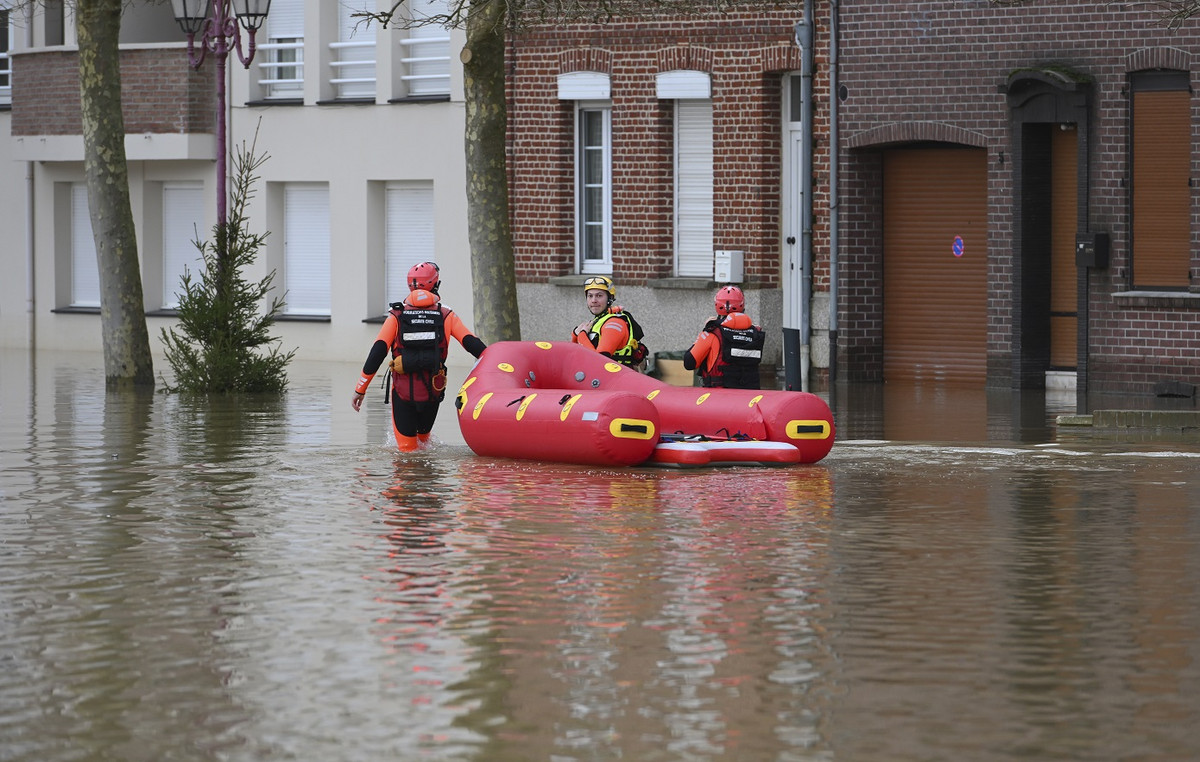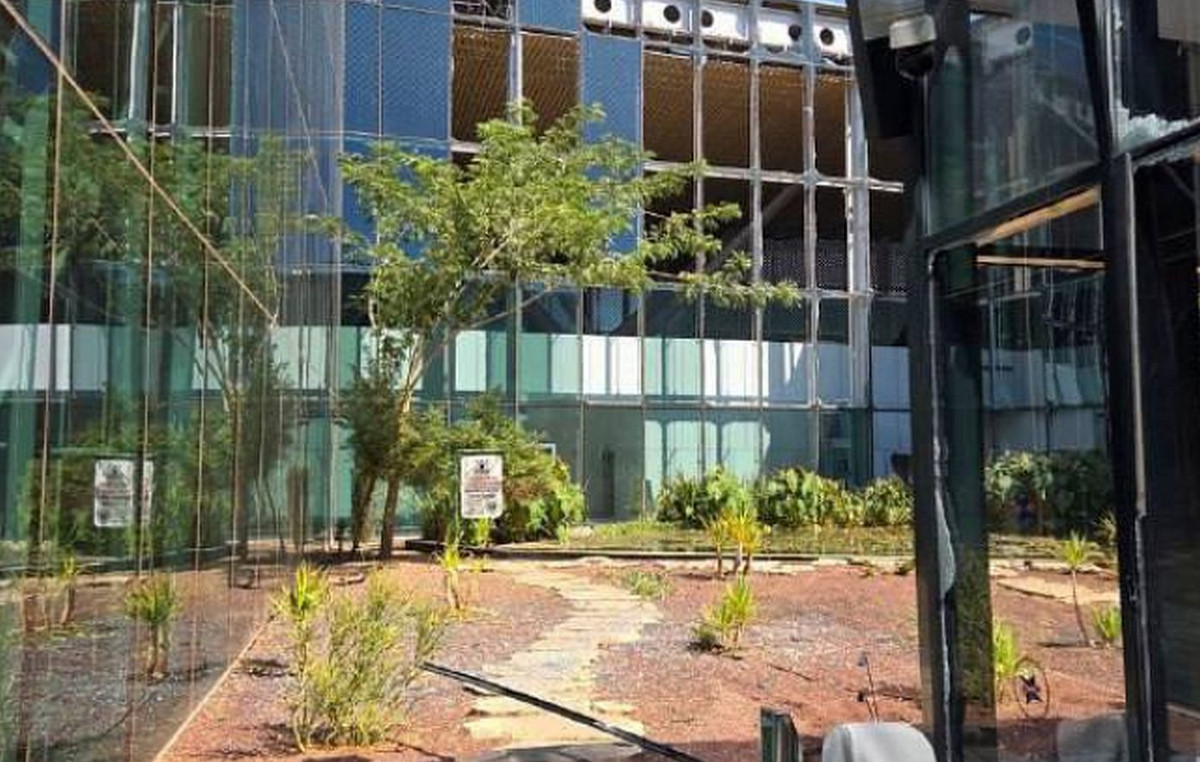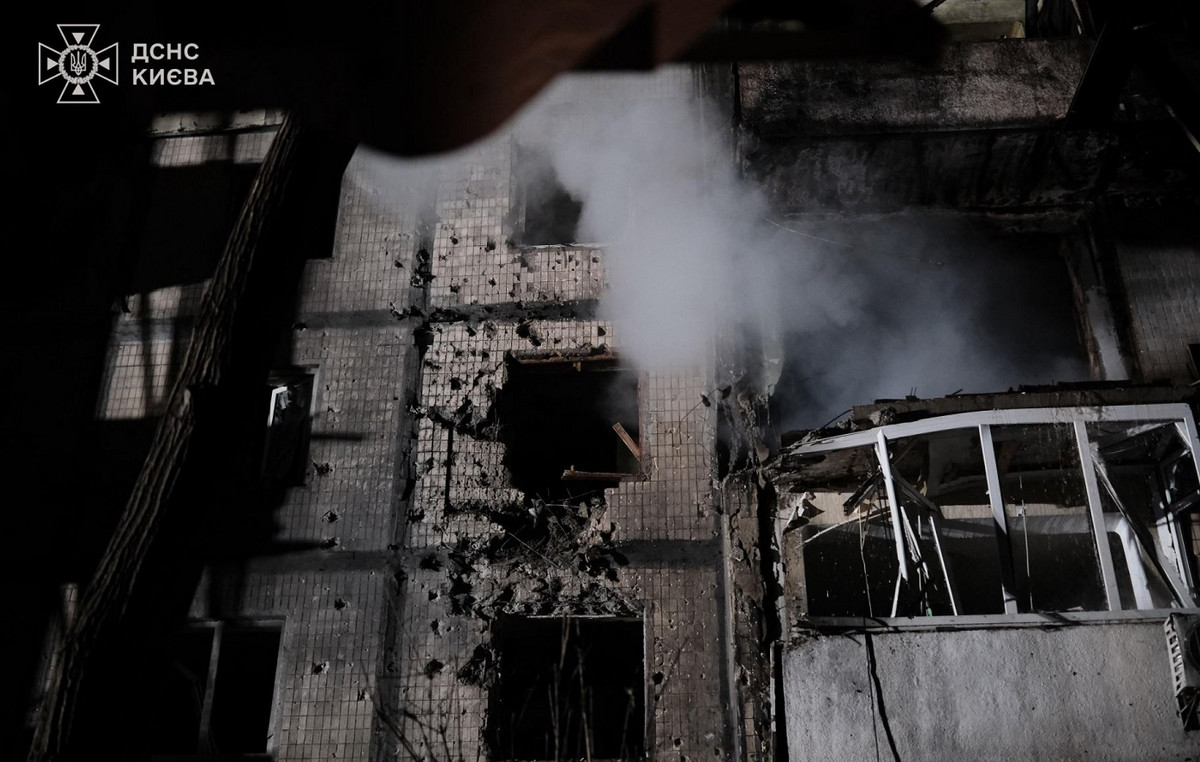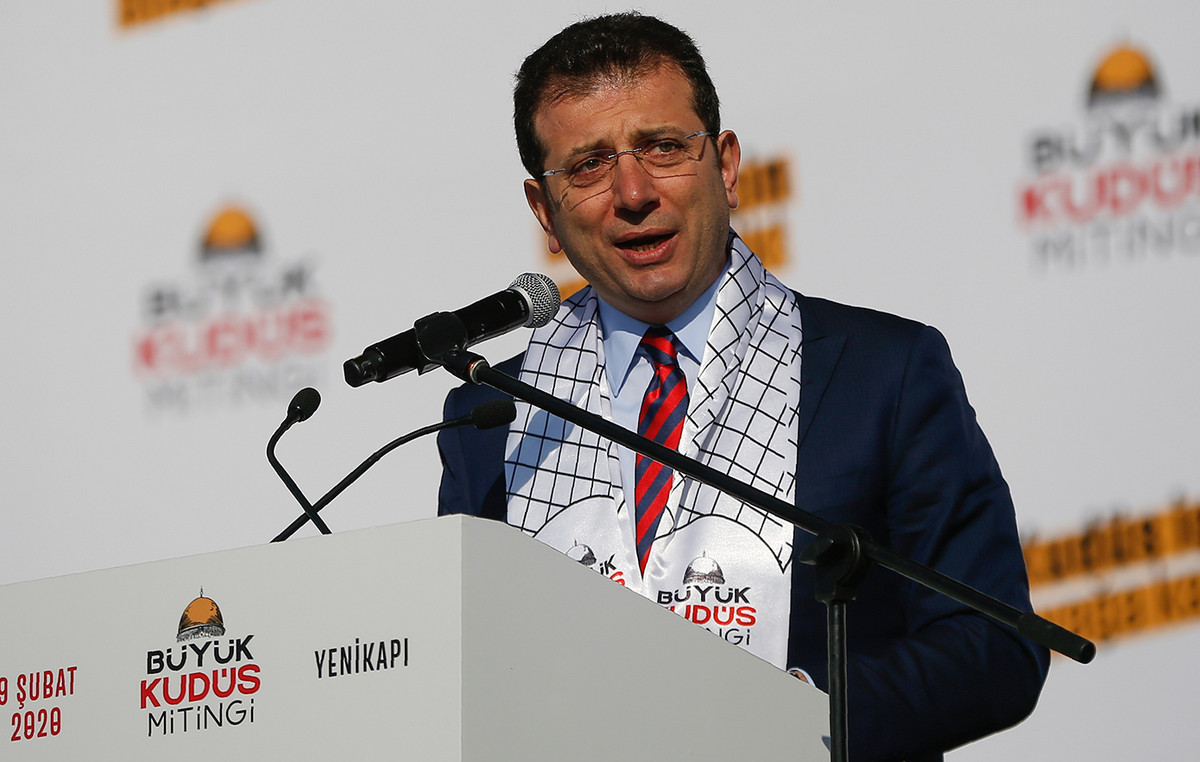“There is no reason. I felt like a foreign body in my family, with my friends. I was oppressed, I felt alone among others.” Riccardo cried for a long time during his confession, the 17-year-old who exterminated his family in Paderno Dugnano on the night between August 31 and September 1, killing his father, mother and 12-year-old brother. His story is conscious and painful, and it has highlighted a deep malaise and also an enormous fragility.
A true reflection on what happened is certainly not possible, considering that many elements are still being examined and that we do not have all the elements necessary to express clinical hypotheses that hold up.
“The best way to understand certain dynamics would be to speak directly with the person concerned, ask questions and get answers. And we must be respectful towards the three people killed and this unfortunate boy, and therefore avoid inventing fantasies disconnected from an objective reality that we are not in a position to verify directly. We can make considerations but always with caution”, he highlights Frank Of The Hornpsychotherapist founder of the ARP – Association for Research in Clinical Psychology77 years old, twenty of which spent as a lecturer at the Universities of Bologna, Milan-Bicocca and Aosta, author of the essay Let’s start again from the parents (Franco Angeli, 19 euros), who has been dealing with adolescent youth since the beginning of his clinical practice in 1970, when, fresh from his first degree (he has one in Philosophy and one in Psychology), he was placed in a special psychiatric project at the Niguarda hospital in Milan aimed at adolescents who had attempted suicide. In about 50 years of activity, Franco Del Corno has seen first-hand all the changes and social transformations that have influenced adolescence and still today continues to maintain his lucid gaze on the most critical phenomena of youth.
“Regarding this case, I happened to read among the various interpretations a series of reflections that are all legitimate to the extent that there are certain data. The recent news reported by the press regarding the interview with the boy, however, highlight an important element, namely his feeling of being “a foreign body” within the family”, explains Del Corno and adds: “It has been said that adolescents sometimes physically eliminate their parents because they “limit” them, prevent them from doing what they want to do. But I don’t think this is a case of that kind. Rather, we are faced with what I define as a “symmetrical solitude”: that of parents and that of children. A difficulty in communicating on both sides not only successes and satisfactions, but also problematic situations. Let’s not forget that It is the parents who set the example of what can and cannot be talked about.».
What then is this sense of alienation?
“It is one of the most dramatic psychological experiences. Sometimes this sense of estrangement is felt even in adulthood, but it is especially frequent in adolescence, a phase in which one is no longer a child but not even an adult and still lacks a precise identity. At this age, feeling unwelcome, foreign, incomplete is a very strong feeling. Perceiving that others, whom we would love and would like to feel close to, are unavailable to us or live with indifference is a huge problem. And the adolescent can cultivate the illusion that eliminating those who make him feel “a stranger” solves the problem.”
Could this be the crux of the Paderno Dugnano case?
“The feeling of “not belonging” is very painful. And the 17-year-old explained that in this family he felt like a stranger, he experienced discomfort, a sense of profound loneliness. He therefore cultivated the illusion – immediately after the fall as he himself admitted – that eliminating those who made him feel this way would be enough to eliminate the desperate feeling of loneliness. There is also a song that describes this state of mind well: it is Creep by Radiohead and it was a patient of mine who told me about it. One part of the lyrics says: “I’m a freak, I’m a weirdo. What the hell am I doing here? I don’t belong here…” (But I’m a creep, I’m a weirdo. What the hell am I doing here? I don’t belong here…). In other words, as I also reported in my book, it is often both the children and the parents who are “alone”. And the problem arises when the latter are unable to convey the possibility of communicating with their children and sharing this sense of loneliness».
How important is it for parents to talk to their children about their adolescence, for example?
“It is important to share above all the story of doubts and one’s own fragilities. Make sure that the family can represent the place where satisfactions and joys are shared but also perplexities, discomforts and where one can lend a hand and feel accepted. This is the adult’s task. And, more generally, the meeting with adults must be an experience that does not make the adolescent lose the desire to grow up.”
How do you convey this sense of acceptance?
“Acceptance is an empathic process: more important than nice words are gestures, attitudes, attentions. The family of Paderno Dugnano paradoxically proved to be well-functioning from a social point of view, but paradoxically the eldest son felt psychologically like an orphan, without belonging: “I am here but I do not belong to this place””.
Source: Vanity Fair
I’m Susan Karen, a professional writer and editor at World Stock Market. I specialize in Entertainment news, writing stories that keep readers informed on all the latest developments in the industry. With over five years of experience in creating engaging content and copywriting for various media outlets, I have grown to become an invaluable asset to any team.







